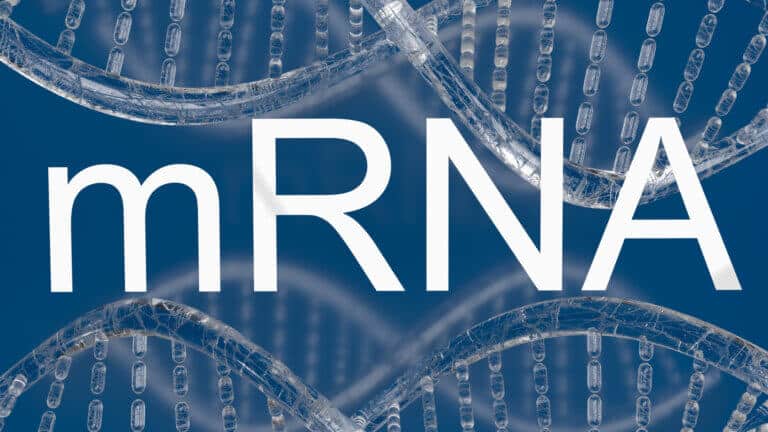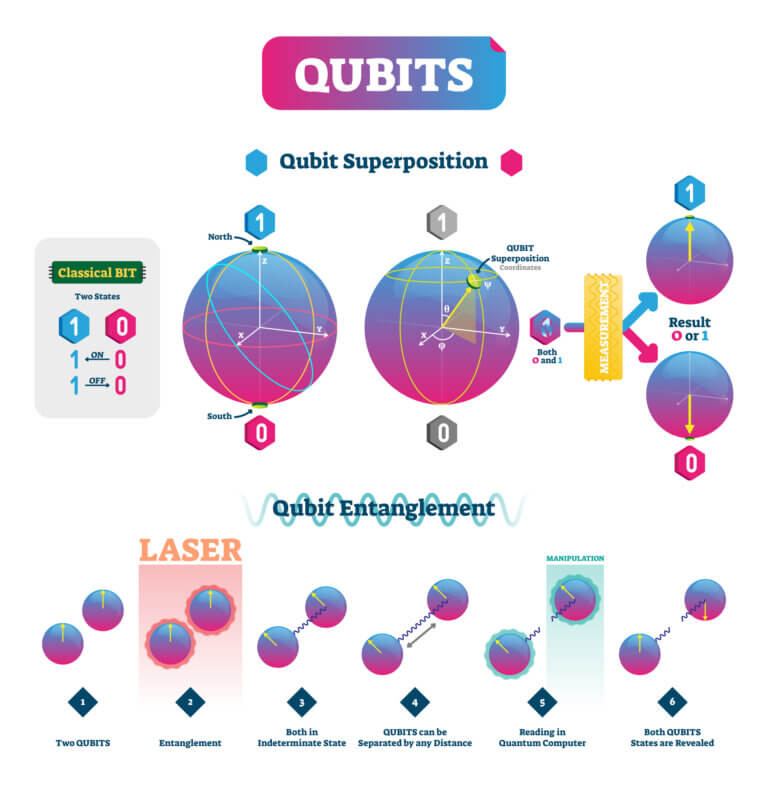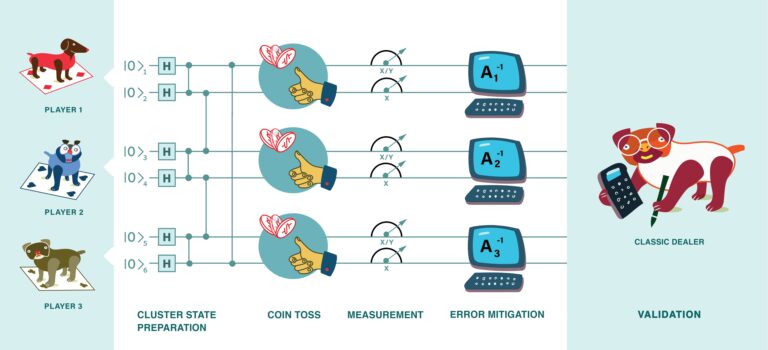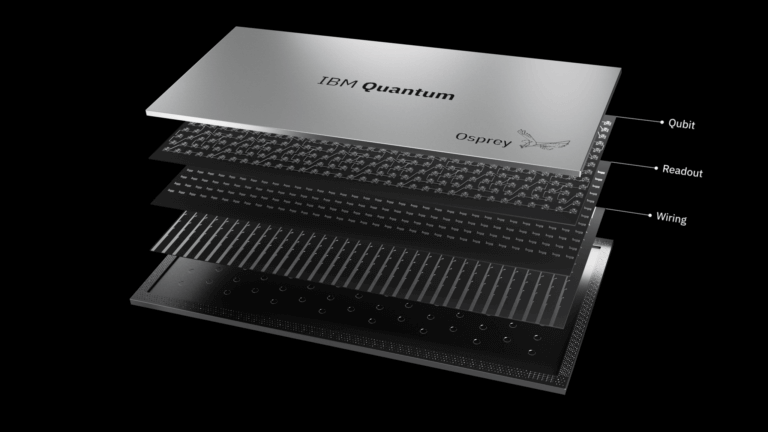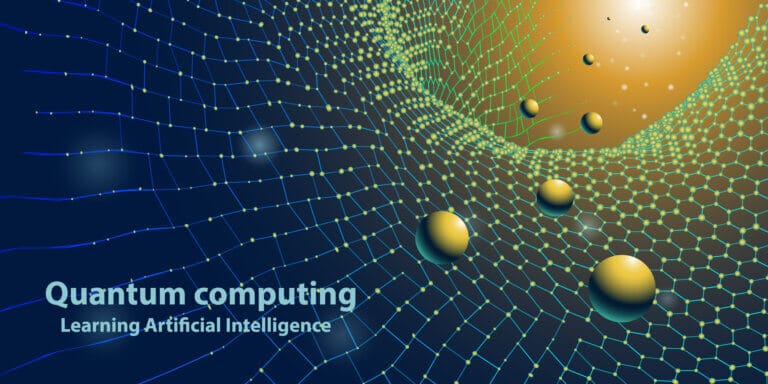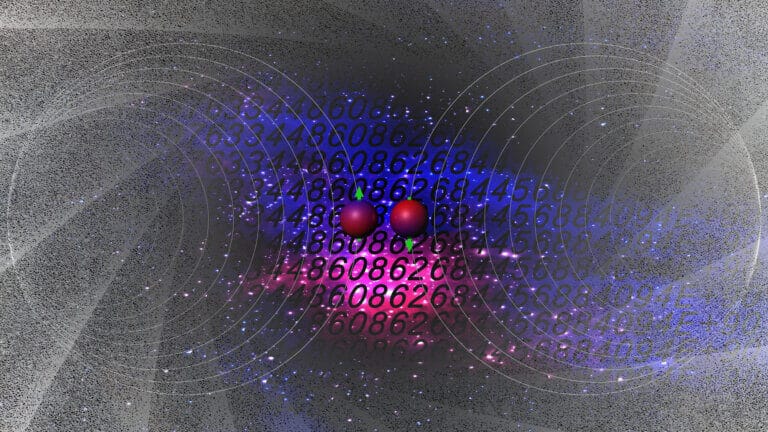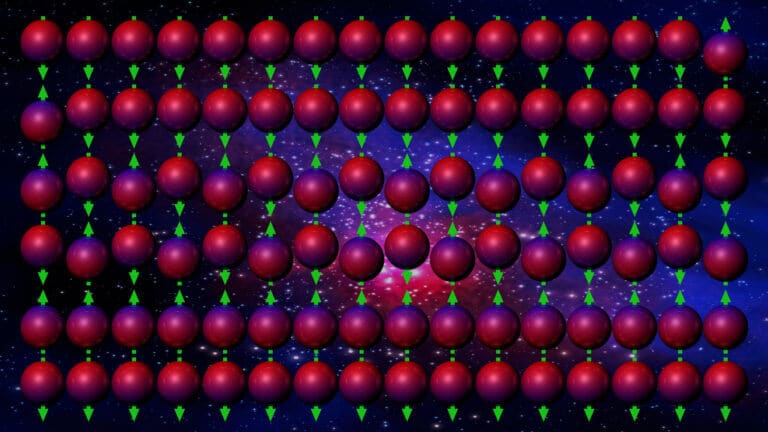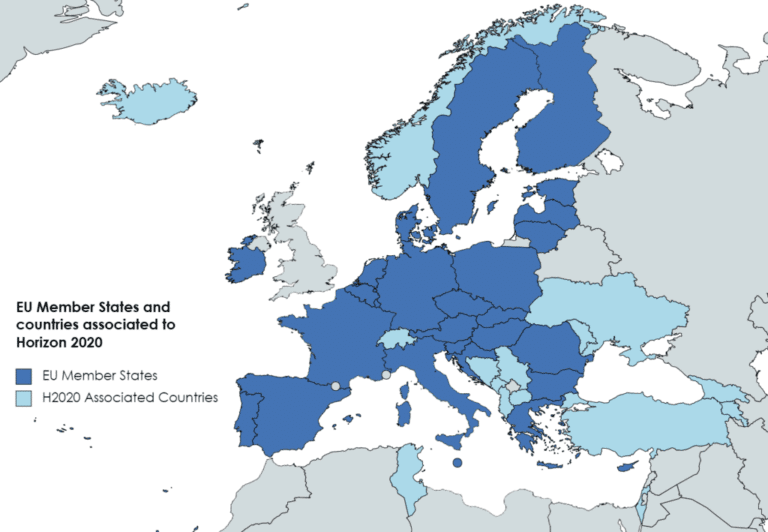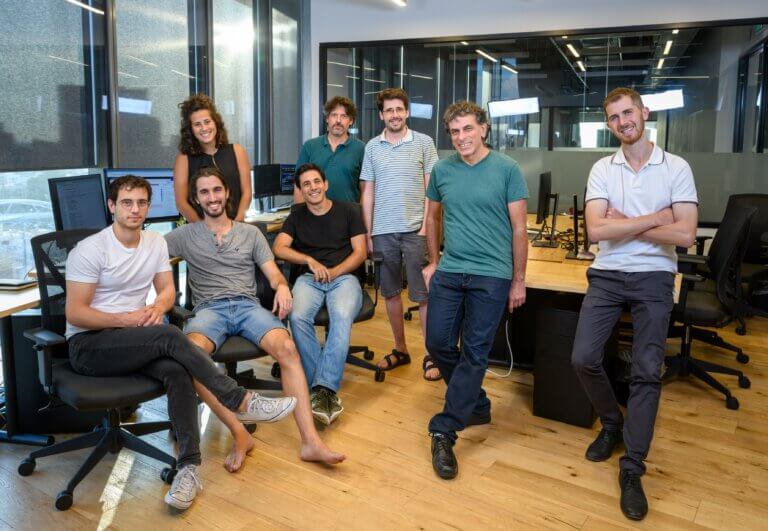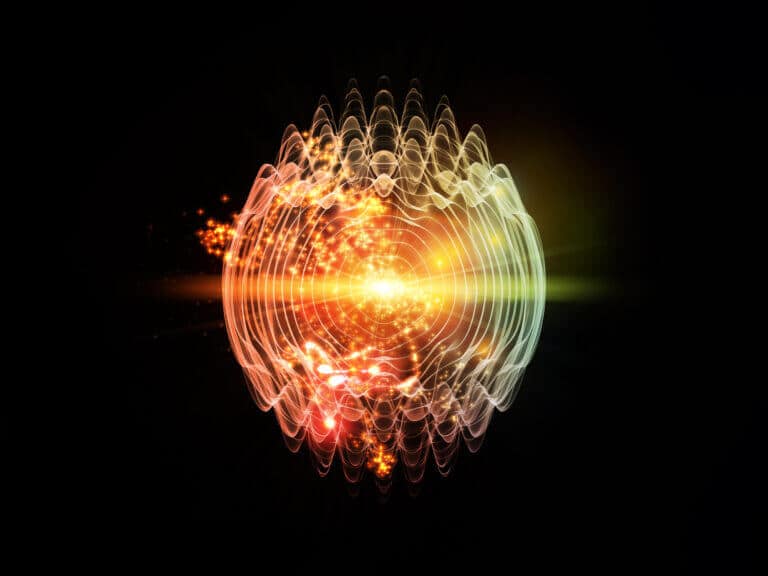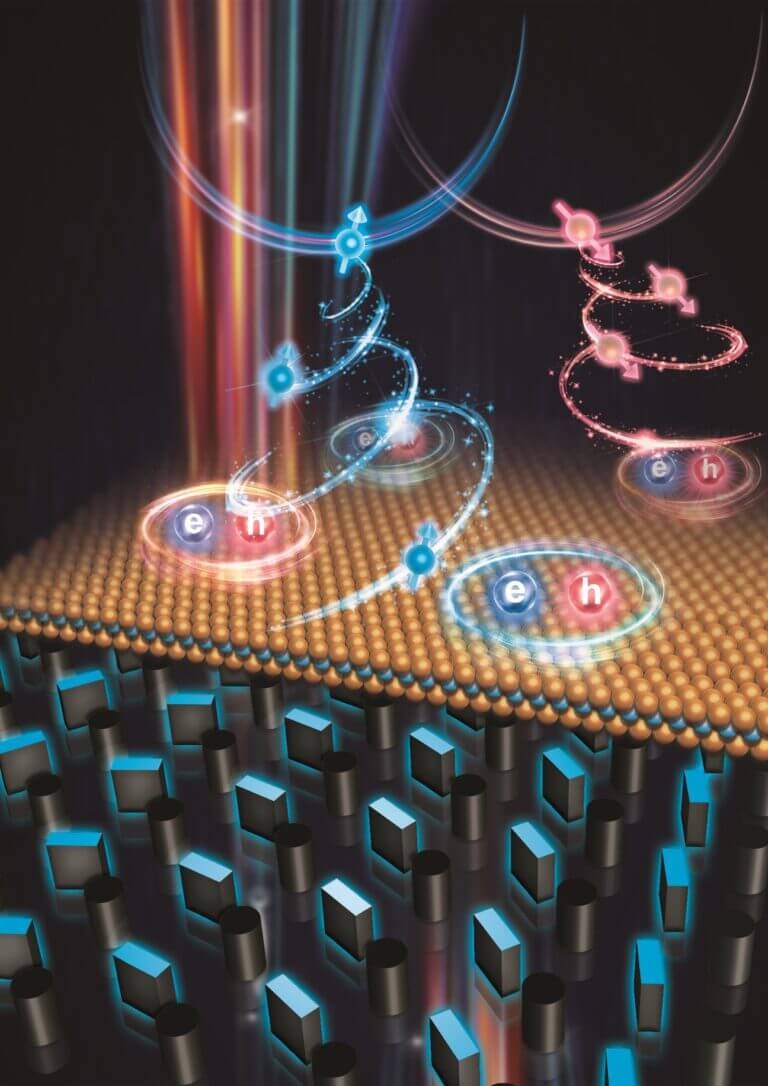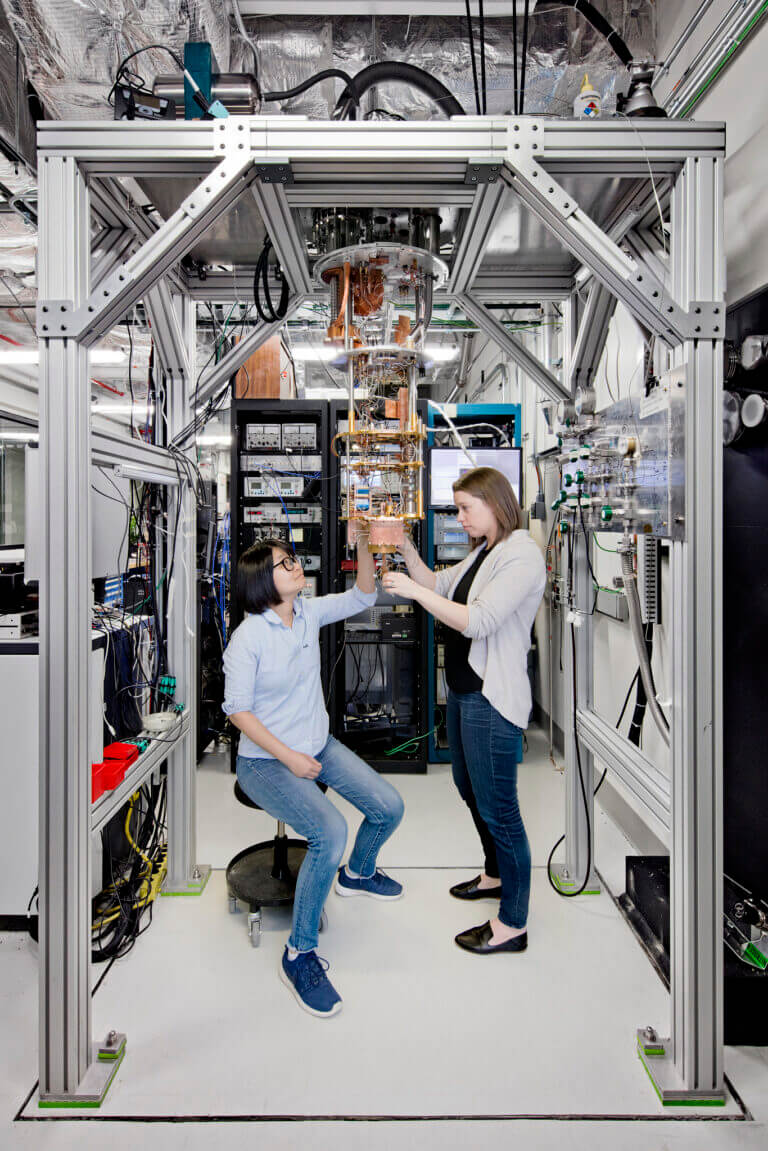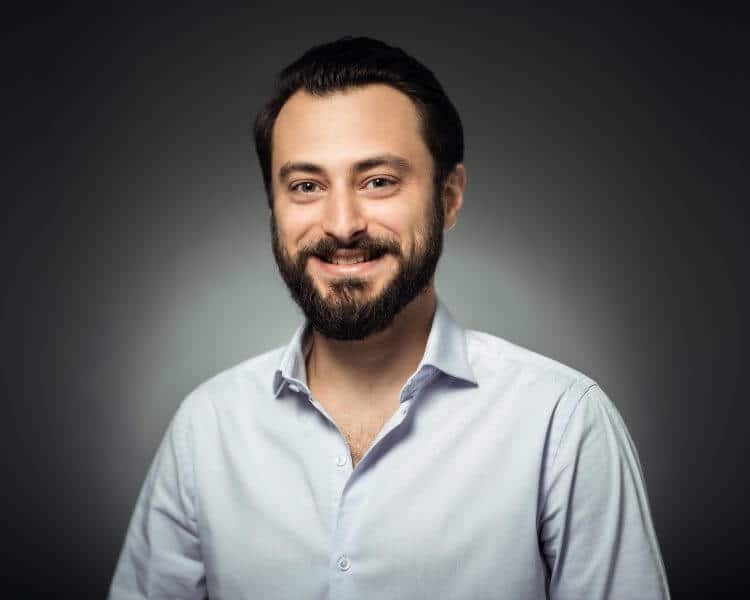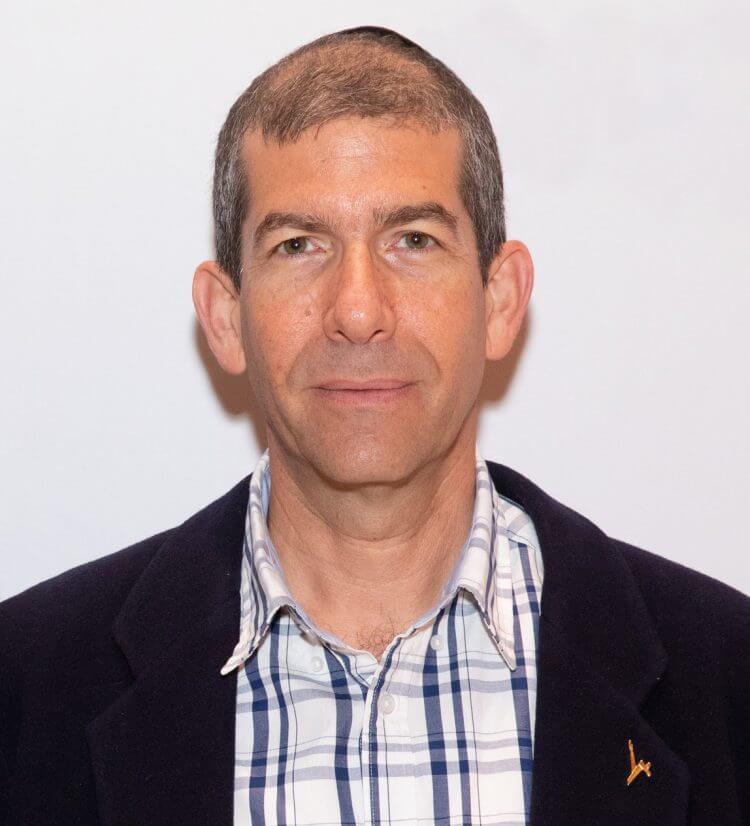Hayadan > Quantum computing
Quantum computing
- Noam Chai
- February 24, 2024
- 3 תגובות
The non-Abelian anions are quasi-particles with fascinating statistical and topological properties. Until recently, these particles were only theoretical, but now a research group from Harvard University has created them for the first time in the laboratory. The discovery may encourage companies in the field of quantum computing to use non-Abelian anions to create durable qubits.
- Avi Blizovsky
- December 5, 2023
- No comments
IBM Quantum Heron introduces IBM's highest quantum computing performance ever, with 133 qubits and an architecture that improves error reduction by five times compared to its predecessor - Eagle
- Avi Blizovsky
- April 23, 2023
- One response
As part of the collaboration, IBM will provide modern scientists with access to quantum computing systems, and they will learn how quantum computing technologies can be applied to problems that were previously intractable for classical computers.
- Avi Blizovsky
- March 22, 2023
- 2 תגובות
The IBM Quantum System One computer is part of a ten-year research collaboration between the companies. Among the first research projects - a study to find existing drugs for Alzheimer's patients and other diseases, led by Prof. Michal Rosen-Zvi from the IBM research laboratory in Israel
- The Voice of Science website - the Israel National Science Foundation
- February 17, 2023
Researchers have built an electrical circuit that can retain quantum information over time, which may improve the performance of future quantum computing
- The science service
- January 27, 2023
- No comments
Tabor Electronics is about to finish these days the development of a first server of its kind in the quantum world. Tabor products were used by IBM to build the largest quantum computers to date. The computer will reach milli degrees Celsius in eight hours instead of 24
- The Voice of Science website - the Israel National Science Foundation
- December 23, 2022
Researchers developed an algorithm that showed a basic quantum phenomenon: the immediate effect of one variable on other variables
- Avi Blizovsky
- November 10, 2022
- No comments
The company also announced at the "Quantum Summit" a new quantum software - Qiskit Runtime - which handles error correction and mitigating background noise, which hinders the quantum processors from operating and providing reliable results
- Quantum in Hebrew
- August 31, 2022
- No comments
The quantum systems are in the stage of "small and noisy computers." Until we create noise-free quantum systems, a lot of work is being done combining classical systems with an emphasis on algorithms that will allow quantum calculations to be performed in existing systems
- Avi Blizovsky
- July 18, 2022
- No comments
For the first time in the world, a quantum computing center is being established that includes three different quantum technologies with a common control layer * Project budget - NIS 100 million for three years
- Avi Blizovsky
- June 27, 2022
- No comments
According to Aviv Zaevi, Vice President of Technological Infrastructure at the Innovation Authority, in the field of quantum computing (not including quantum communication and encryption) there are currently about thirty companies operating that will be able to expose and influence standardization * The Innovation Authority also intends to soon publish the results of the tender for the establishment of a national laboratory for quantum computing
- Avi Blizovsky
- April 13, 2022
- One response
- Avi Blizovsky
- December 1, 2021
- No comments
The international company has been using Classic's platform for several months in order to build unique quantum algorithms for assessing credit risks
- The Hebrew University
- November 23, 2021
The researchers succeeded in creating an extremely tiny device that produces and emits single photons and on which the information can be transmitted in a quantum bit. Every contact, or even the performance of a measurement necessarily changes the information encoded on the photon and this will be expressed, upon reaching the destination, in an error in the protocol and giving an indication of the hacking attempt
- Avi Blizovsky
- November 11, 2021
- No comments
"Researchers can accelerate their quantum computing work using our cuQuantum SDK on popular services or a new device based on the NVIDIA DGX system." says Hansen Huang, CEO of Nvidia"
- Weizmann Institute
- August 28, 2021
How can the lifetime of a qubit - the quantum memory unit - be extended?
- Avi Blizovsky
- August 8, 2021
- 8 תגובות
This is what Nir Minrabi, CEO of Classiq, says in an interview with the Hidan website. This requires a certain set of tools that includes linear algebra and an understanding of quantum theory. The company is developing a software language for quantum computers that will make it easier for programmers
- Avi Blizovsky
- April 9, 2021
- 8 תגובות
The reasons: making these areas strategic and the fear of brain drain. About 20 joint quantum projects with the European Union are operating in Israel. The scientific community fears damage to European science. The official authorities in Israel did not respond to the request of the website
- The science service
- January 28, 2021
- One response
- The Hebrew University
- November 22, 2020
- 8 תגובות
The research group of Prof. Hagai Isenberg in collaboration with a French research institute and the doctoral students Daniel Istreta and Yehuda Pilniak from the Hebrew University, published in the journal Nature Communications, produced a new study heralding a new and groundbreaking compact quantum system that allows the interweaving of an arbitrary number of photons
- The Technion
- November 13, 2020
- 2 תגובות
Technion researchers have developed a smart light source based on a single atomic layer of material. The achievement will enable the development of new quantum applications in the field of computing and in other fields
- Avi Blizovsky
- October 19, 2020
- 7 תגובות
The field of quantum computing is currently based on relatively small devices, and a computational capacity that suffers from noise disruptions and disturbances. A system with a thousand qubits will be a significant milestone that will be able to clearly demonstrate the advantages of quantum computing over classical computing and even the most powerful and efficient supercomputers in the world
- Avi Blizovsky
- October 17, 2020
- 3 תגובות
Says Itamar Sion, CEO of Quantum Machines, which develops programming languages and compilers that allow classical chips to run algorithms on quantum computers. Sion lectured at the ChipEX2020 Digital conference that took place on September 16, 2020 in the digital space
- Avi Blizovsky
- October 15, 2020
- 3 תגובות
Hagai Isenberg, Chief Scientist at QuantLR and Professor at the Rakeh Institute of Physics at the Hebrew University shared with the viewers at the ChipEX2020 Digital conference the challenges facing the development of quantum encryption of optical fibers, which will not be hacked even by quantum algorithms
- The Hebrew University
- October 12, 2020
- No comments
Israeli research led by Dr. Yaron Bromberg from the Institute of Physics at the Hebrew University succeeded for the first time in transmitting single and interwoven light particles in a focused manner through a scattering medium * The experiment is another significant step towards the development of an Israeli satellite that can encrypt security information in an impenetrable manner



